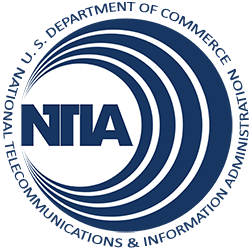Regents of the University of Minnesota
The Broadband Access Project proposes to enhance broadband awareness and use for residents in four federally-designated poverty zones in Minneapolis and St. Paul. These enhancements plan to better serve vulnerable populations, including African-Americans and Hmong and Somali immigrants whose needs are not currently being met because of financial, educational and technological constraints. The project plans to establish one new public computer center and improve 10 existing computer centers, adding 93 new workstations and replacing 49 existing workstations. The project intends to provide broadband speeds of at least 16 Mbps to these locations. The Broadband Access Project expects to provide broadband training to vulnerable, low-income, minority and immigrant populations to promote education, health care, workforce preparation and community revitalization. Plans include providing training to residents, not-for-profit organizations and small businesses to help create jobs and develop the skills necessary to compete in today’s economy. The project expects to train 17,000 people over the life of the grant. In addition, the Minnesota Multicultural Media Consortium plans to conduct culturally-specific outreach and translate project materials into languages spoken locally.
